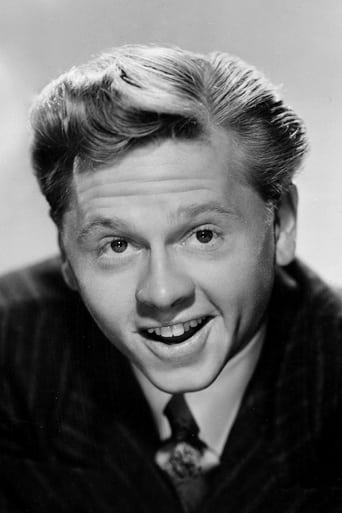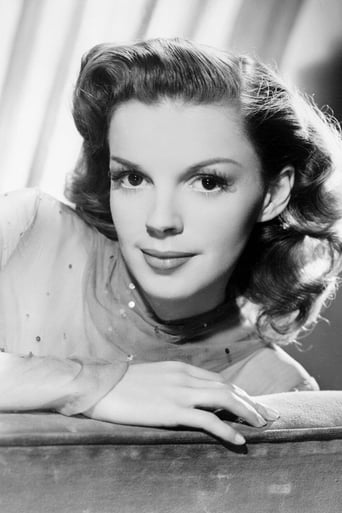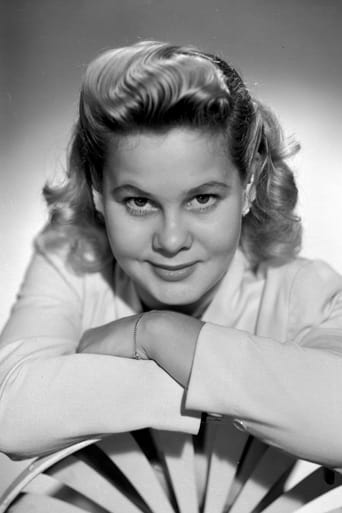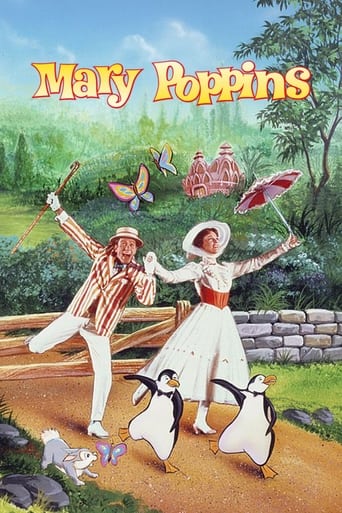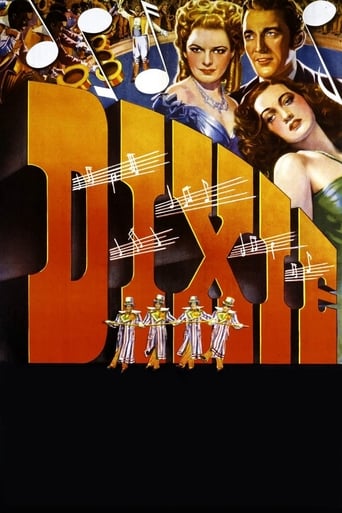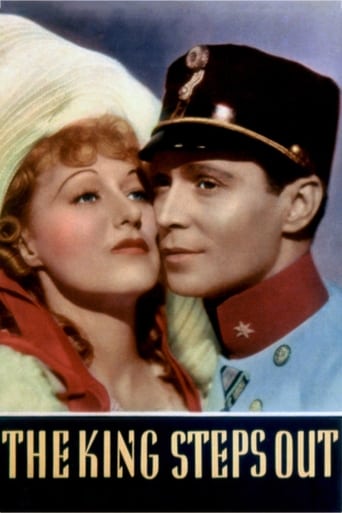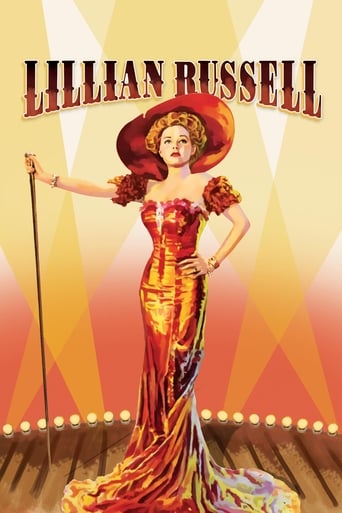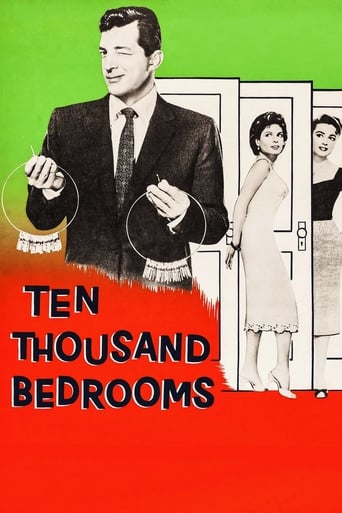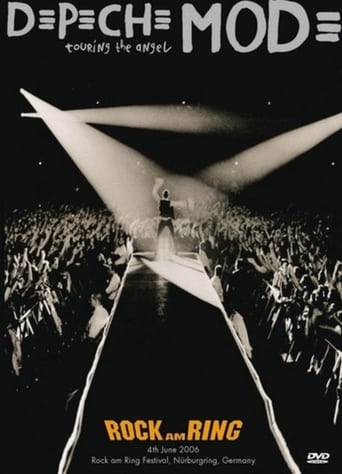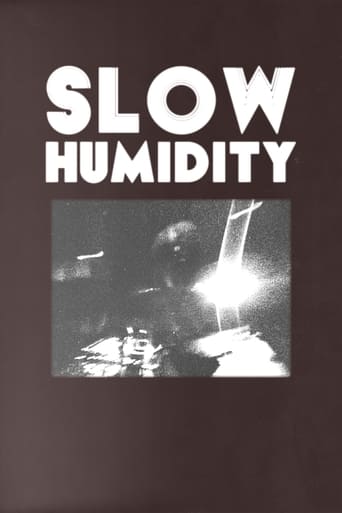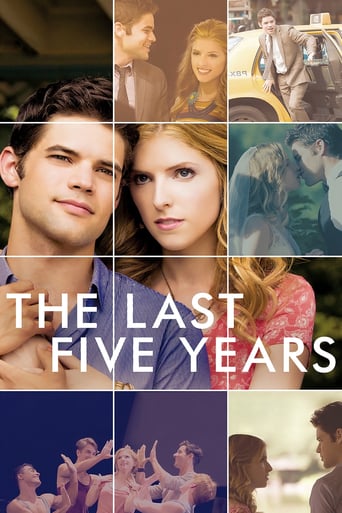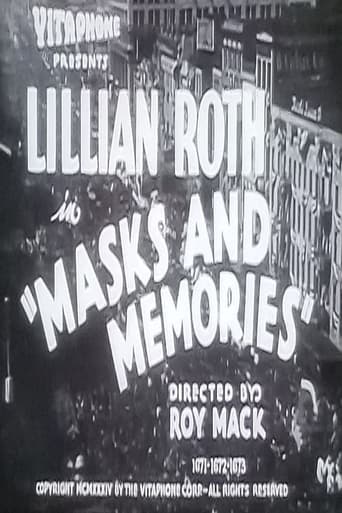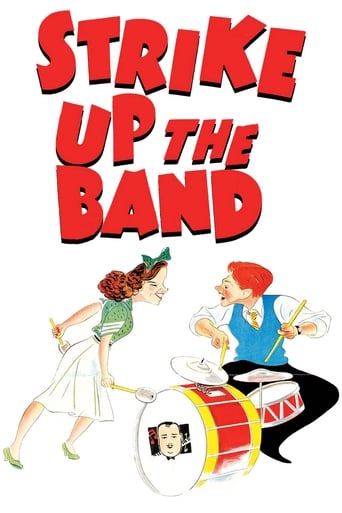
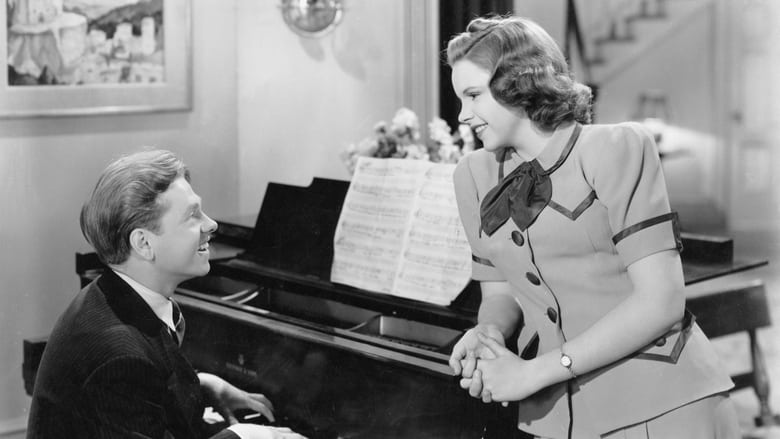
Strike Up the Band (1940)
Jimmy and Mary get a group of kids together to play in a school orchestra. A huge contest between schools is coming up and they have a hard time raising money to go to Chicago for the contest.
Watch Trailer
Cast
Similar titles
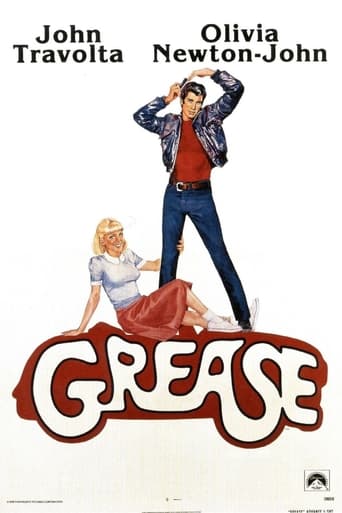
Reviews
To me, this movie is perfection.
The performances transcend the film's tropes, grounding it in characters that feel more complete than this subgenre often produces.
In truth, there is barely enough story here to make a film.
It's the kind of movie you'll want to see a second time with someone who hasn't seen it yet, to remember what it was like to watch it for the first time.
Judy Garland is absolutely lovely and amazing in this film, as she is in most of her other films from the late 1930s all through the 1940s. Judy is beautiful, has a heavenly singing voice, and also knows how to be quirky, funny, and/or passionate in her speaking parts too. Judy's songs " drummer boy" and "our love affair" are wonderful in this film. And the scene with Judy singing "it was just our lovely love affair" at the house certainly was lovely. Same with Judy's cute little quirky reaction to Mickey missing her opening her heart to Mickey, and saying you remind me of the song "Oh what a pal was Mary". And Judy doing "La conga" is great, and she helped open the doors for the Latin style music that was to come during the 1940s with musicians such as Xavier Couget, who was in numerous films with the wonderful Esther Williams. Micky Rooney and the others, such as June Priesser are great in this film too, although Mickey gets a little too hammy in a couple of scenes, like in "Babes in arms" when he gets so hyper excited when the studio director offered him $100. But that was all part of Mickey's comedy style. I liked June when she does her tumbling act to "Ta ra ra boom der lay" during the play sequence "Nell of New Rochelle". Some people had written in reviews how they were able to possibly fit in the time for an entire play production, and we never saw any scenes where they were rehearsing, and they all had so much else going on in the film. These were all questions that were pointless to ask, such as in "Footlight parade", why didn't we see any rehearsing for the swimming routine "By a waterfall", like actual swimming rehearsing? I say, first of all, that the films only show us so many minutes of every day of the film characters, and we just need to use our imaginations for how the rest of the minutes get filled in. Secondly, this film and "Footlight parade" were both Busby Berkely films where one of his specialties is taking the audience to a magical escapist fantasy land where we aren't supposed to question everyday logic. You can also ask why we never saw Judy rehearsing "La Conga"? My opinion is, don't ask. Just enjoy the wonder. And it is wonderful. Judy's song "I've got nobody, and nobody got me" tugs at the heartstrings, sort of like "I'm just an inbetween" in "Love finds Andy Hardy" and "But not for me" in "Girl crazy". You feel for her hurt feelings and know how she just doesn't deserve it, and the sympathy is only intensified by knowing about the real hurt Judy Garland had in her life. She dealt with a lot of unfair pain and gave nothing back but love and wonderful music and films. I never have had such strong sympathy for anyone else before. I still wonder how the filmmakers conducted the special effects during the "fruitchestra", or the fruit paying orchestra. I noticed during the fair, when Mickey misplaced his wallet, and the way the tough, seedy carny and his clown assistant grabbed him and threw him into the way of the balls flying, just for innocently misplacing your wallet? I guess that carny had a pretty seedy background where he just didn't trust anybody, and he was certain Mickey was pulling a fast one. All in all, this film was very enjoyable, and the wonderful Judy made it even better.
Right after the credits end, the camera moves across an obvious teen-aged band where the boys are obviously bored playing the official theme of the Air Force. All of a sudden, the drummer adds a bit of boogie woogie into his one track beat and the teacher reminds him that they are not playing "My Heart Belongs to Daddy". The drummer boy is of course Mickey Rooney who even today is still drummin' out small appearances in movies. When all of a sudden Judy Garland appears, they start talking about putting together their own dance band with Judy as the vocalist and Mick as the conductor. Everything seems to be falling into place for them. It's a piece of cake. In fact, that cake, with a bunch of fruit ends up an orchestra of its own playing "Our Love Affair" in one of the most imaginative sequences on film. Its up there with Gene Kelly and Jerry the Mouse dancing in "Anchors Aweigh" as what made MGM musicals so imaginative.But things don't go smoothly of course. They need $200 to get to Chicago to audition for Paul Whiteman, but miraculously, Whiteman shows up in town to play at flirtatious June Preisser's birthday party. Mickey, Judy and the gang take over. After earlier dancing to the "La Conga" (where some of the high school dance band members appear to be a bit older), they now perform "Drummer Boy", and knock Whiteman's socks off. Whiteman wants them on his show regardless for a contest of all the high school bands but when their pal Larry Nunn all of a sudden needs an operation for a broken arm, there goes to $200. Ann Shoemaker steps in for Mickey's "Andy Hardy" ma Fay Holden as the wise mother who guides Mickey's conscience (she's more like a female Judge Hardy), and the diminutive Francis Pierlot is the kindly principal.This has nothing to do with the 1930 Broadway musical other than the title song. It's 1940's jitterbug all the way, and Mickey and Judy give it their all. It's easy to see why they were the hottest team on the MGM lot and the most popular teens in America. Mickey can grate on occasion with energy but when he's serious, he's at his best. In fact, those sequences are often more touching than the comic sequences are amusing. As for Judy, she gets another "plain jane" song ("I Ain't Got Nobody") which is one of the most obscure "list songs" in history, even dropping the names of Judy's bosses, MGM, within the list. Those bosses must have been blind to really see how lovely she was, funny considering that half the movie, Judy is trying to wake Mickey up to see her for who she is over the rather obnoxious Preisser. The recent TV movie about Judy Garland had director Busby Berkley demanding to see Judy's eyes, and she really shows them here.Most famous of course is the duet of "Our Love Affair", but the over-the-top finale even outdoes the one of "Babes in Arms". Like many Broadway musicals, it even features reprises of most of the movies' songs. Even more outrageous is the cheezy melodramatic spoof, "Nell of New Rochelle" that the teens put together seemingly in hours. "Strike Up the Band!" is worth repeat viewings even if it isn't something one thinks how teenagers really were back in 1940.
After the success of Babes In Arms for MGM, Arthur Freed became the hottest producer on the lot and was granted his own famous Freed Unit to produce the best of the MGM musicals for the next 20 years almost. According to Hugh Fordin's book on Arthur Freed the next scheduled property was Good News, but that got shelved for several years when Louis B. Mayer decided that a patriotic type theme was in order and after all MGM had bought the screen rights to the Gershwin musical Strike Up The Band. Freed agreed, but in the Hollywood tradition only the title and the title song were retained for the screen.That was enough because the Mickey and Judy formula was by now established with Babes In Arms. Here the two are a pair of talented musical kids and Mickey is the drummer in his high school band. But he's got other things on his mind besides doing John Philip Sousa. Even Sousa did more than Sousa when he was leading a band. Mickey is filled with the new jive rhythms of the day and he'd like to use the other kids in the school orchestra to form a real band. He's got Garland in mind for the vocals and the object is to get an audition from Paul Whiteman.Whiteman in his day may have appropriated for himself the title of King Of Jazz, but certainly no one did more to popularize the new American art form among white audiences. His orchestra was the training ground for many of later big band leaders. Leaders like Tommy and Jimmy Dorsey and Glenn Miller all who were sidemen with Whiteman and who kids like Mickey and Judy and the rest of the cast were listening to.If Strike Up The Band isn't exactly let's put on a show, it still is let's put on a concert and Mickey and Judy do have some shtick to perform, their Gay Nineties spoof is quite good. Also the fantasy sequence of the 'fruit orchestra' doing Our Love Affair is also nicely done, it looks very much like Ray Harryhausen's claymation figures, but he wasn't involved with Strike Up The Band.Strike Up The Band won one Academy Award for sound and was nominated for two others. Roger Edens and Arthur Freed wrote Our Love Affair which was nominated for Best Song, but lost to When You Wish Upon A Star. And Edens and Georgie Stoll were nominated for Best Musical Scoring.Busby Berkeley directed the film and in the finale shows his fine hand for spectacle. Here's where the patriotism that Louis B. Mayer was seeking came out. Remember this was 1940 and a lot of people were very afraid the USA was going into another World War. The finale with the title song was the kind of rousing patriotic spectacle that Hollywood would be doing in every studio after December 7, 1941.With Strike Up The Band Arthur Freed proved he was no flash in the pan as a producer. After 70 years the film holds up well and the talents of Mickey Rooney and Judy Garland reign eternal.
I can't help it, I love Mickey and Judy, and this is their best film together. It has fun songs ("Our Love Affair" and "Do the La Conga" especially), good Busby Berkeley productions (both the aforementioned, especially the fruit-as-orchestra dream sequence!), but more importantly, it perfectly evokes the ideal small middle-American town, complete with understanding mothers and principals, swell fellas and gals, and a comforting everything's going to be just fine feeling. I can't help yearning for this never-never land of rebellious but polite youths and understanding old-timers!
